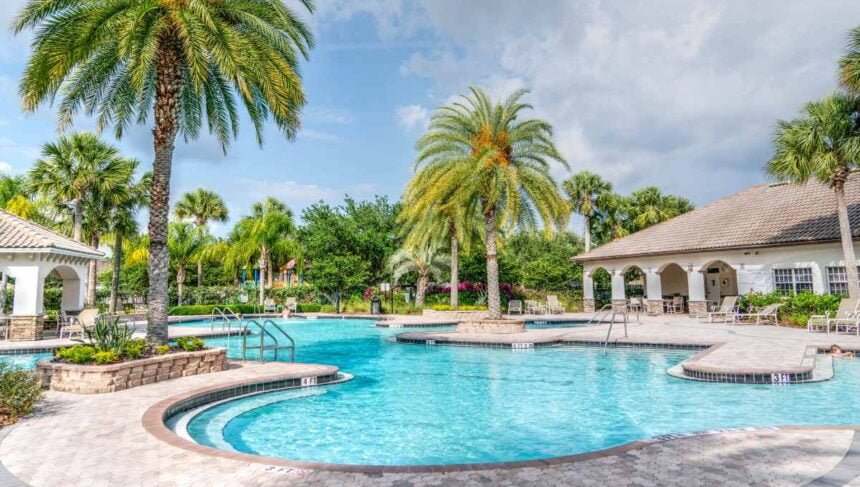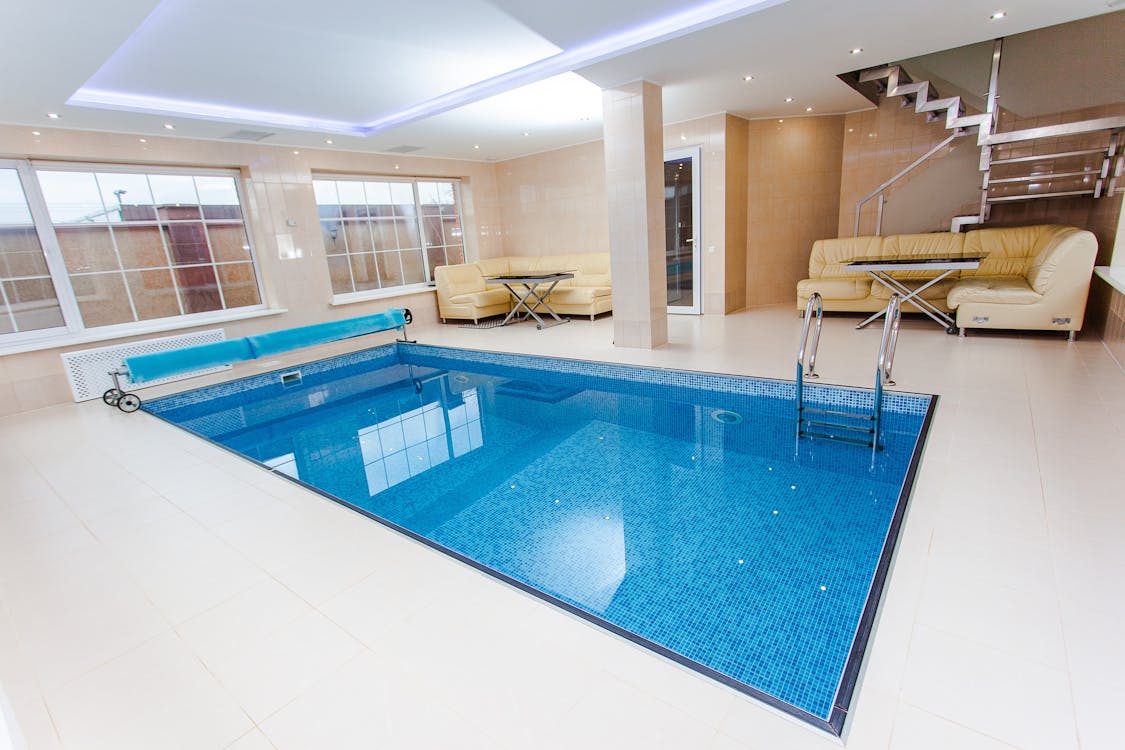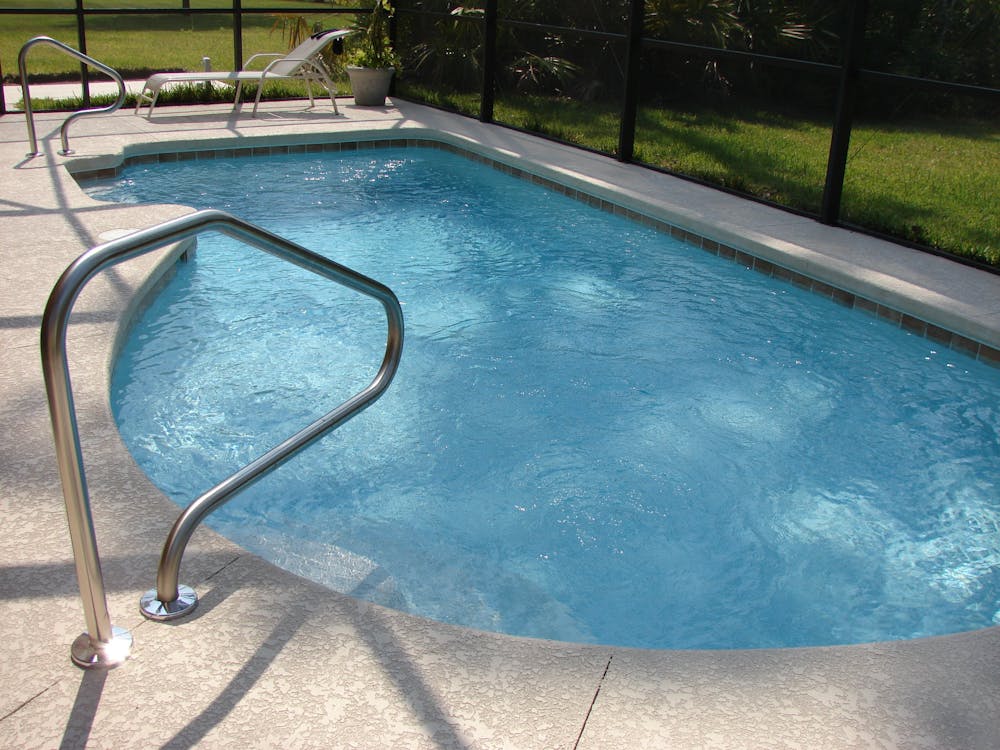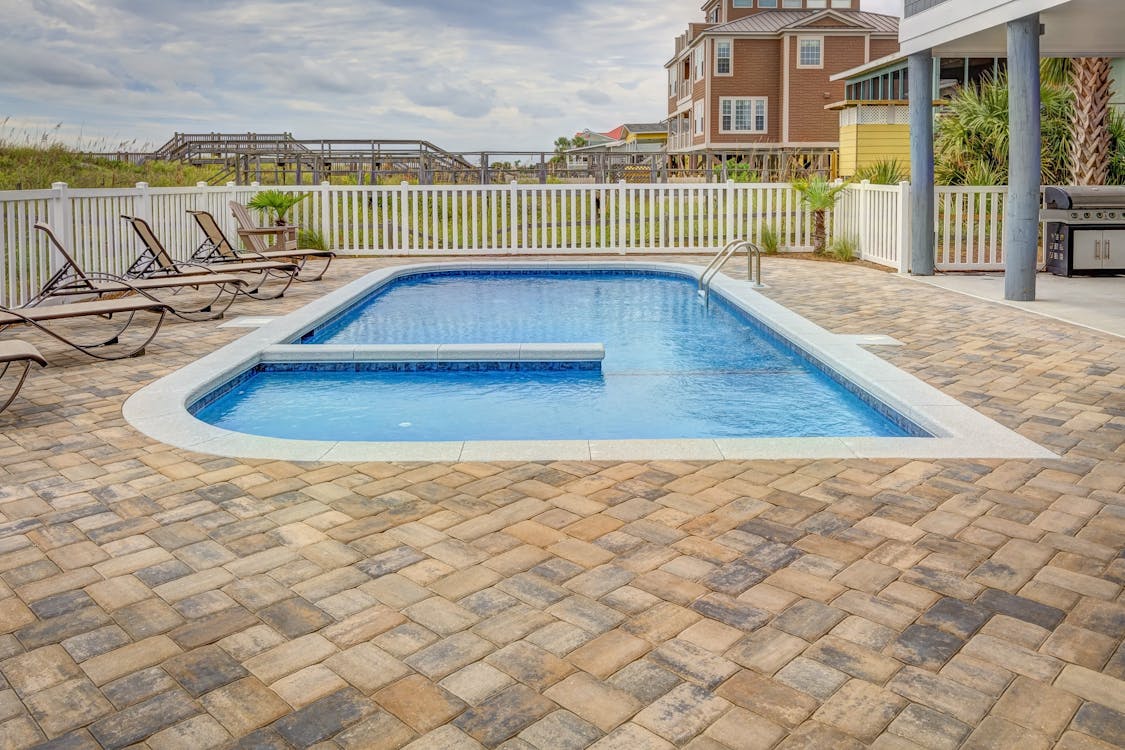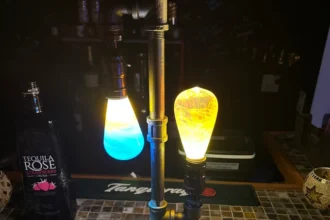Saltwater pools have been gaining popularity in recent years due to their numerous benefits and eco-friendly nature.
Unlike traditional chlorine pools, saltwater pools use a salt chlorine generator to produce chlorine from salt, creating a more natural swimming experience.
This comprehensive guide will provide you with expert insights, tips, and advice on saltwater pools, helping you make an informed decision and ensuring a hassle-free pool ownership experience.
What is a Saltwater Pool?
A saltwater pool is a swimming pool that uses a salt chlorine generator to produce chlorine from dissolved salt. Instead of adding chlorine directly, the generator uses electrolysis to convert the salt into chlorine, which acts as a sanitizer.
This process creates a more natural swimming environment, as the chlorine levels are significantly lower than in traditional chlorine pools.
Advantages of Saltwater Pools
- Gentler on the skin and eyes: Saltwater pools have a much lower chlorine content, which means they are less harsh on the skin, eyes, and hair, reducing irritation and discomfort.
- Eco-friendly: Saltwater pools are more environmentally friendly than traditional chlorine pools because they require fewer harsh chemicals and produce less chemical waste.
- Cost-effective: While the initial installation cost may be higher, saltwater pools can save you money in the long run due to reduced chemical costs and longer-lasting pool equipment.
- Softer water: The salt in saltwater pools creates a softer, silkier feel to the water, enhancing the overall swimming experience.
Expert Opinion
Saltwater pools offer a more natural and enjoyable swimming experience,” says Jeff Manning, co-founder of manningpoolservice.com. “The reduced chlorine levels make it easier on the skin and eyes, especially for those with sensitivities.
Saltwater Pool Maintenance
While saltwater pools require less maintenance compared to traditional chlorine pools, they still need regular care to ensure optimal water quality and equipment performance. Here are some essential maintenance tasks:
- Test and balance water chemistry
- Clean the salt cell and inspecting the generator
- Shock the pool regularly
- Brush and vacuume the pool
- Check and replace filter media
- Maintain proper salt levels
Expert Tip
Regularly testing and balancing water chemistry is crucial for saltwater pools,” advises Sarah Johnson, a pool maintenance expert. “This helps ensure the salt chlorine generator works efficiently and prevents issues like scaling or algae growth.
Related: How Plunge Pools are Different from Regular Pools?
Installation and Conversion
If you’re considering a saltwater pool, you have two options: installing a new saltwater pool or converting an existing chlorine pool. Both processes require professional expertise and adherence to local regulations.
- Install a new saltwater pool: This involves constructing a new pool and integrating a salt chlorine generator system during the build process.
- Convert an existing chlorine pool: This process involves retrofitting your existing pool with a salt chlorine generator and making any necessary modifications to accommodate the new system.
Expert Opinion
Converting an existing chlorine pool to a saltwater system can be a cost-effective option,” says Stephen Jackson, General Manager of Prime Pool Service. “However, it’s essential to have a professional assess your pool’s compatibility and make the necessary adjustments for a successful conversion.
Salt Levels and Water Chemistry
Maintaining proper salt levels and water chemistry is crucial for the efficient operation of your saltwater pool. Here are some key considerations:
- Salt levels: The recommended salt level for saltwater pools typically ranges from 2,500 to 3,500 parts per million (ppm). Too little salt can lead to inefficient chlorine production, while too much can cause corrosion and scaling issues.
- pH levels: The ideal pH range for saltwater pools is between 7.2 and 7.8. Proper pH levels ensure the effectiveness of the sanitizer and prevent issues like cloudy water or scaling.
- Alkalinity: Maintaining the correct alkalinity levels (between 80 and 120 ppm) helps stabilize the pH and prevents fluctuations.
- Calcium hardness: Adequate calcium hardness levels (between 200 and 400 ppm) are crucial for preventing equipment scaling and surface etching.
Expert Tip
Regular water testing and adjustments are essential for maintaining the proper salt levels and water chemistry in your saltwater pool,” says Robert Lowry, a pool water chemistry expert. “Investing in a good test kit and following the manufacturer’s recommendations can save you time and money in the long run.
Saltwater Pool Maintenance Tips
To ensure your saltwater pool remains in top condition, follow these expert tips:
- Shock the pool regularly: Shocking your pool with a chlorine-based product helps oxidize contaminants and maintain proper sanitizer levels.
- Clean the salt cell: Regularly cleaning the salt cell according to the manufacturer’s instructions ensures efficient chlorine production and extends the cell’s lifespan.
- Maintain proper salt levels: Periodically test and adjust the salt levels to ensure they remain within the recommended range.
- Brush and vacuum: Regular brushing and vacuuming help remove debris and prevent algae growth, keeping your pool clean and clear.
- Check and replace filter media: Regularly inspect and replace the filter media (sand, cartridge, or DE) to ensure proper filtration and water circulation.
Expert Opinion
Consistent maintenance is the key to a successful saltwater pool experience,” says Michael Brown, a pool service professional. “By following a regular maintenance routine and addressing issues promptly, you can enjoy a sparkling, inviting pool for years to come.
Saltwater Pool Calculator
Frequently Ask Questions
Can saltwater pools cause skin irritation or allergic reactions?
Even though saltwater pools are usually better for your skin than chlorine pools, some people may still get skin irritations or allergic reactions because of the salt or other chemistry factors in the water. It’s important to keep an eye on how your body reacts and see a doctor if the problems don’t go away.
How often should the salt cell in a saltwater pool be replaced?
The lifespan of a salt cell can vary depending on factors such as water chemistry, usage, and maintenance. Most manufacturers recommend replacing the salt cell every 3-5 years, or when it shows signs of significant scaling or degradation. Regular cleaning and proper water chemistry maintenance can help extend the salt cell’s lifespan.
Can saltwater pools be used for swimming lessons or competitive swimming events?
Yes, saltwater pools are suitable for swimming lessons and competitive swimming events. The lower chlorine levels make them more comfortable for extended periods of time in the water. However, it’s essential to ensure that the water chemistry and sanitization levels meet the necessary standards for competitive events.
How does the salt content in a saltwater pool affect pool equipment and surfaces?
While modern saltwater pool systems are designed to minimize corrosion risks, the salt content can still potentially cause damage to certain pool equipment and surfaces if not properly maintained. Using compatible equipment, maintaining proper water chemistry, and following manufacturer recommendations can help prevent corrosion and extend the lifespan of your pool components and surfaces.
Can saltwater pools be heated, and does the salt affect the heating process?
Yes, saltwater pools can be heated using various heating systems, such as gas heaters, heat pumps, or solar heaters. The salt content in the water does not significantly affect the heating process, but it’s important to use heating equipment specifically designed for saltwater pool environments to prevent corrosion and ensure optimal performance.
How does the salt content in a saltwater pool affect pool toys and accessories?
The salt content in saltwater pools can potentially cause corrosion or degradation of certain pool toys and accessories if they are not designed for saltwater environments. It’s recommended to use pool toys and accessories made of saltwater-resistant materials, such as certain plastics or stainless steel, to ensure their longevity and prevent damage.
Can saltwater pools be used with automatic pool cleaners or robotic vacuums?
Yes, saltwater pools can be used with automatic pool cleaners or robotic vacuums, but it’s essential to choose models specifically designed for saltwater pool environments. The salt content can potentially cause corrosion or damage to equipment not suited for saltwater pools. Consult with the manufacturer or a pool professional to ensure compatibility and proper maintenance.

